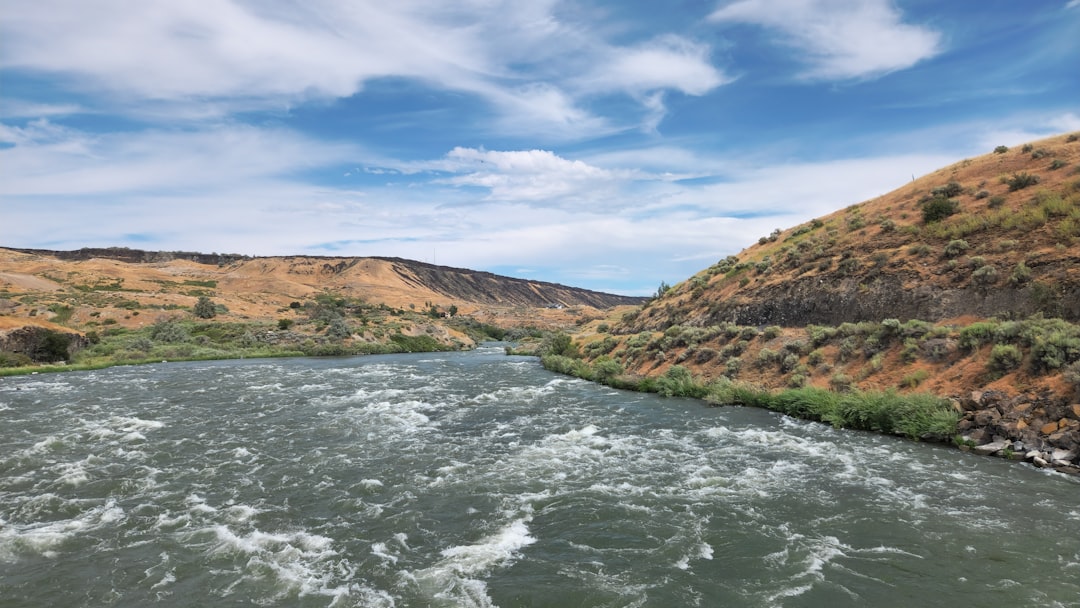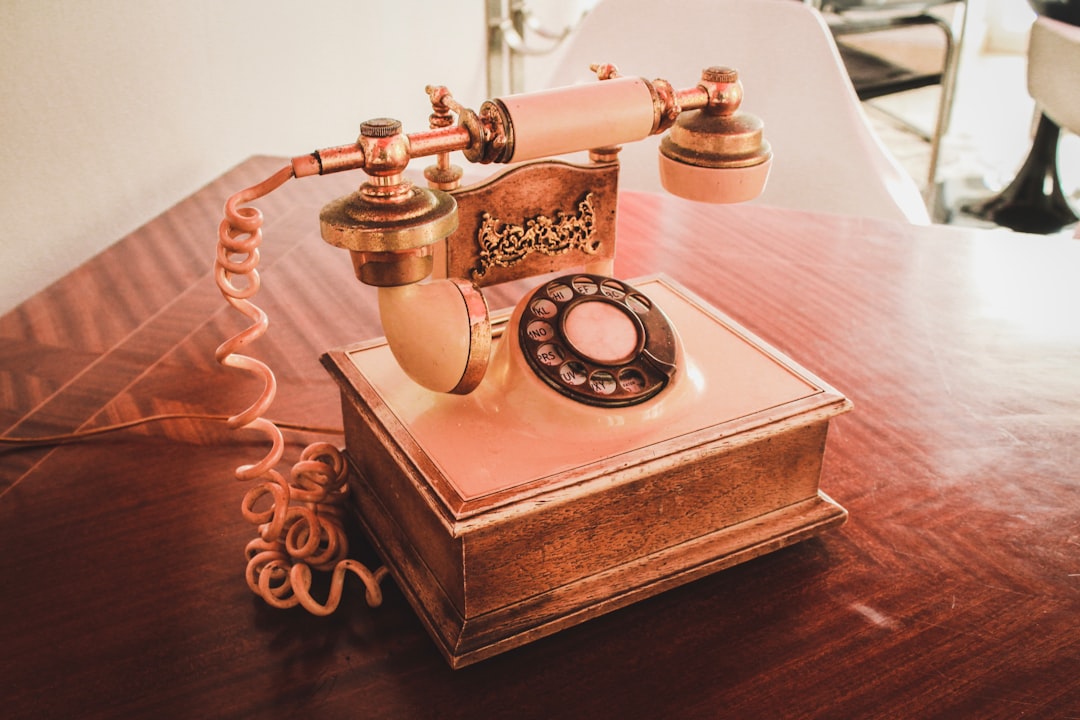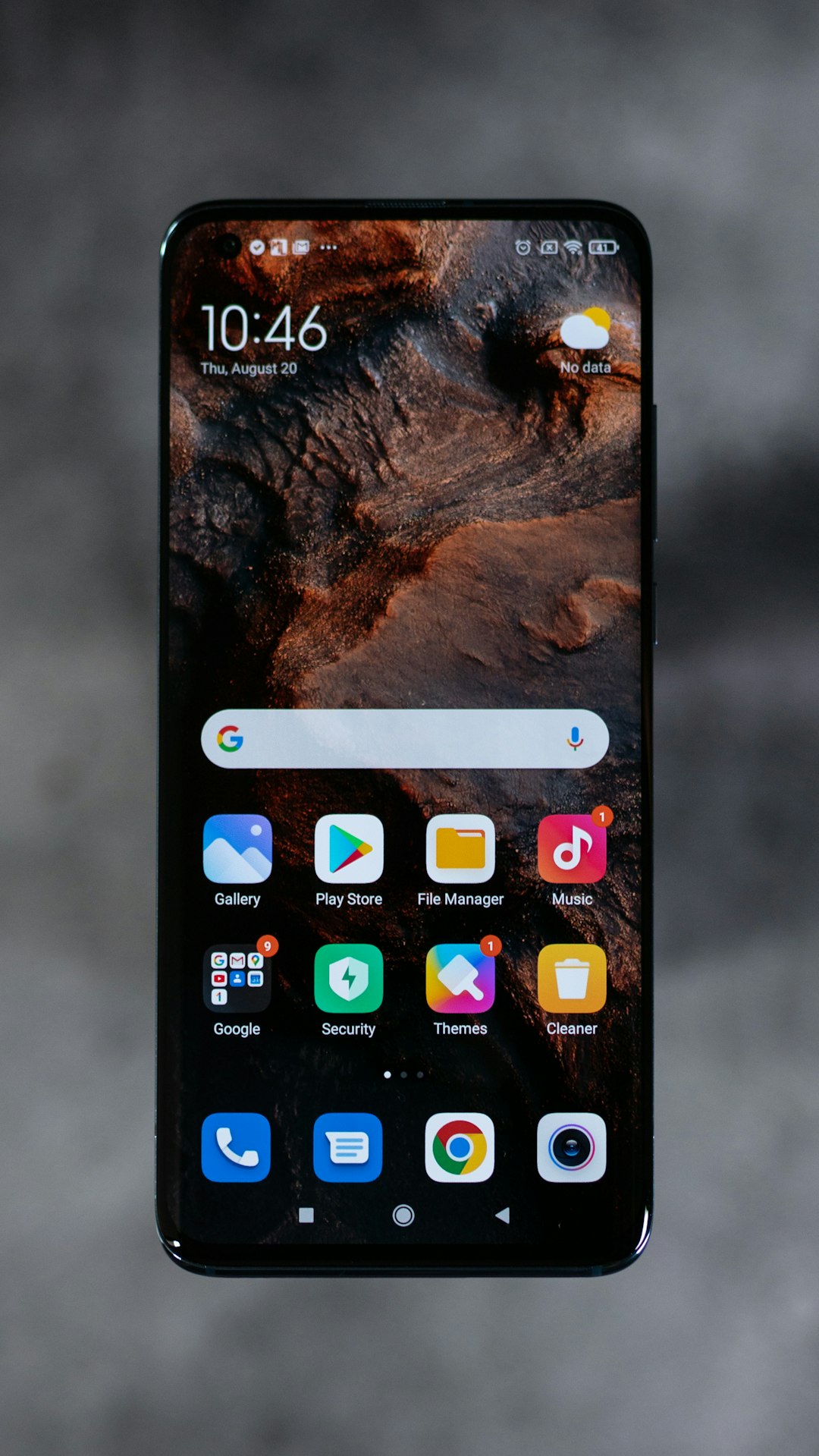Nonprofits in Idaho engaging in telemarketing must comply with specific regulations, especially the "Do Not Call" laws. Key considerations include checking against state and national 'Do Not Call' lists, obtaining explicit consent, providing opt-out options, maintaining accurate donor records, and staff training on ethical practices. Seeking guidance from a qualified lawyer or law firm specializing in Idaho's Do Not Call laws is crucial to avoid penalties and foster trust with potential supporters.
In Idaho, nonprofits navigating telemarketing waters must adhere to stringent regulations, especially when utilizing phone calls for fundraising or outreach. This comprehensive guide equips organizations with the knowledge to comply with Idaho’s `Do Not Call’ laws effectively. From understanding the legal framework to leveraging Do Not Call lists and implementing best practices, this article serves as a beacon for nonprofits seeking to avoid legal pitfalls while amplifying their mission through responsible telemarketing strategies, with key insights from top Idaho attorneys specializing in `Do Not Call’ law.
Understanding Telemarketing Laws in Idaho for Nonprofits
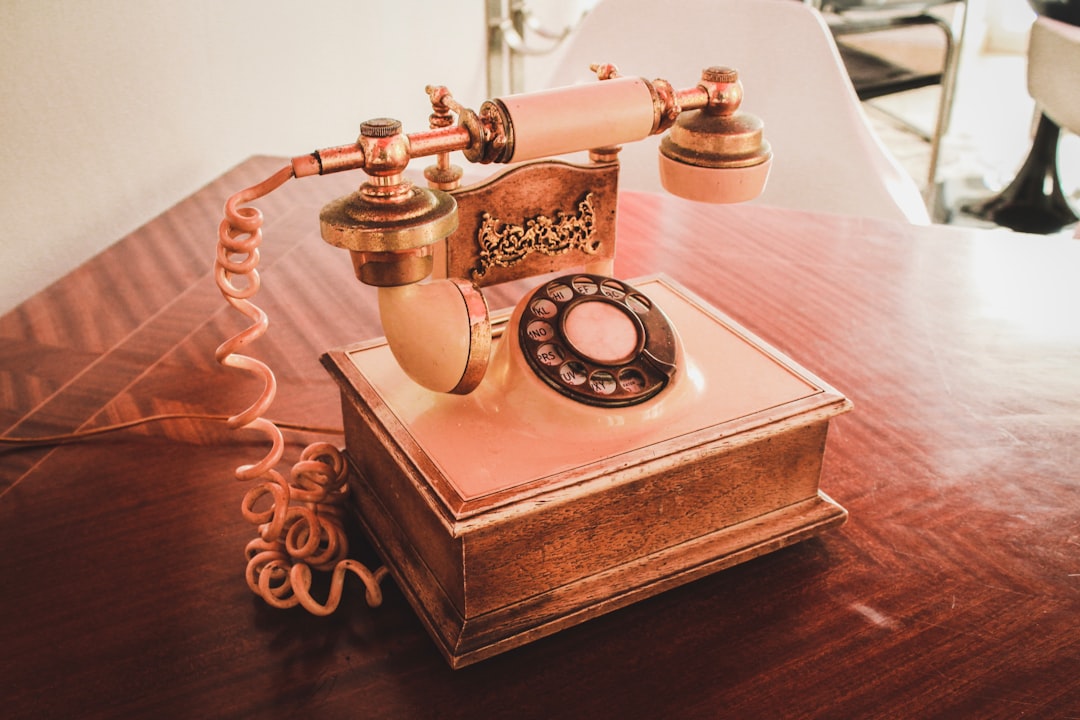
In Idaho, nonprofits must navigate a set of regulations when it comes to telemarketing activities. Understanding these laws is crucial to ensure compliance and avoid potential penalties. Nonprofit organizations are generally exempt from many traditional telemarketing restrictions, but they still must adhere to specific guidelines, particularly regarding donation solicitations.
One key consideration for nonprofits in Idaho is the “Do Not Call” list, which mirrors state and federal laws. Nonprofits should refrain from calling telephone numbers listed on this registry, and a lawyer for Do Not Call Idaho can provide guidance on how to maintain accurate records and avoid unintended violations. Additionally, nonprofits must ensure they have proper authorization before contacting individuals, especially when seeking donations or engaging in fundraising efforts.
When and How to Use Do Not Call Lists in Idaho

In Idaho, the use of Do Not Call lists is a powerful tool for nonprofits to respect individual privacy and avoid unwanted interactions. Nonprofits can compile and utilize these lists at any time, but it’s particularly advisable during fundraising campaigns or when reaching out to potential donors. By checking against state-maintained and national ‘Do Not Call’ registries, organizations can ensure they’re not contacting individuals who have explicitly opted-out of such communications.
When integrating a ‘Do Not Call’ list into their telemarketing efforts, nonprofits should follow legal guidelines diligently. This involves obtaining explicit consent from recipients before adding them to the list and allowing easy opt-out options at all times. Engaging a lawyer specializing in telemarketing laws in Idaho can help nonprofits navigate these regulations effectively and ensure compliance, thereby fostering trust with potential supporters.
Avoiding Legal Pitfalls: Best Practices for Nonprofit Telemarketers in Idaho
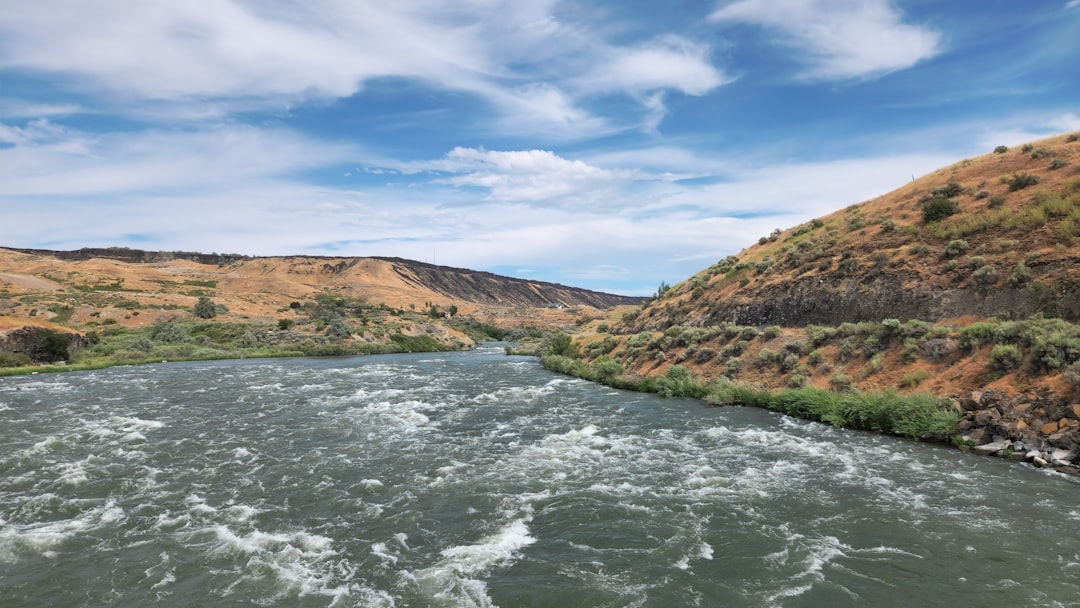
Nonprofit organizations in Idaho engaging in telemarketing activities must be vigilant to avoid legal pitfalls and ensure compliance with state regulations. One critical aspect is adhering to the “Do Not Call” laws, which apply to all businesses and nonprofits alike. By respecting privacy and consumer choices, nonprofits can foster positive relationships with potential donors.
Best practices include obtaining explicit consent before calling, providing a clear and simple way to opt-out or stop calls, and maintaining comprehensive records of donor preferences. Nonprofits should also train their telemarketers on ethical selling techniques, ensuring they are well-versed in the rules set by the Idaho Attorney General’s office regarding consumer protection. Avoiding legal issues through proactive measures will enable nonprofits to effectively raise funds and build a dedicated donor base.
